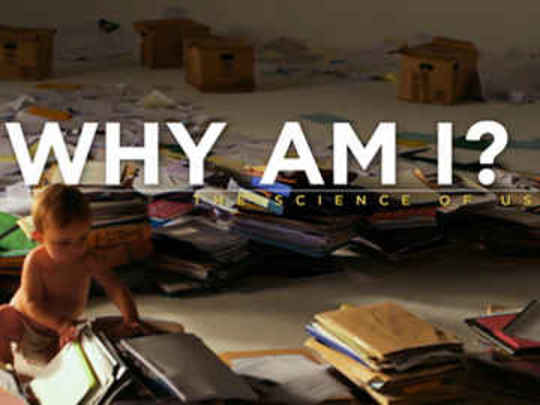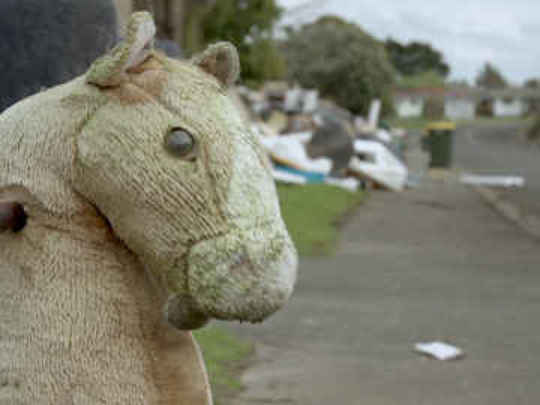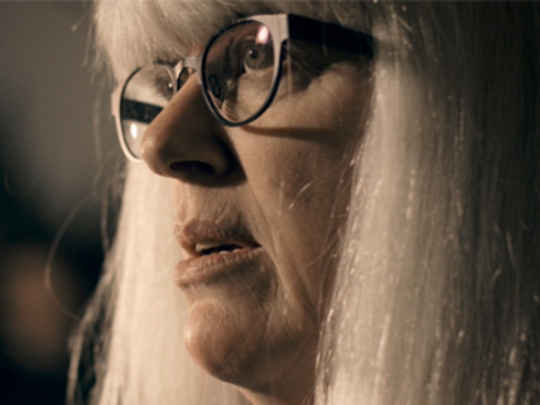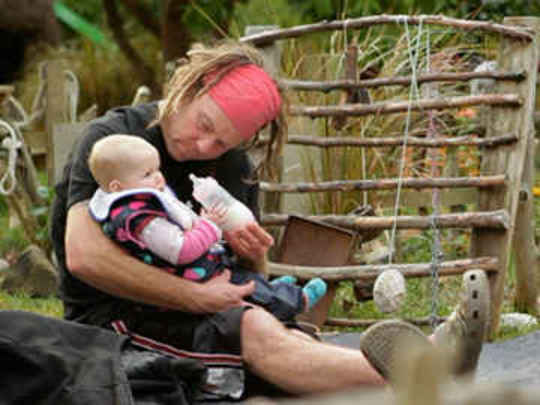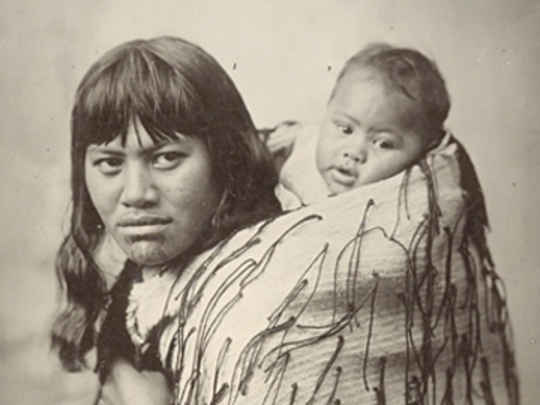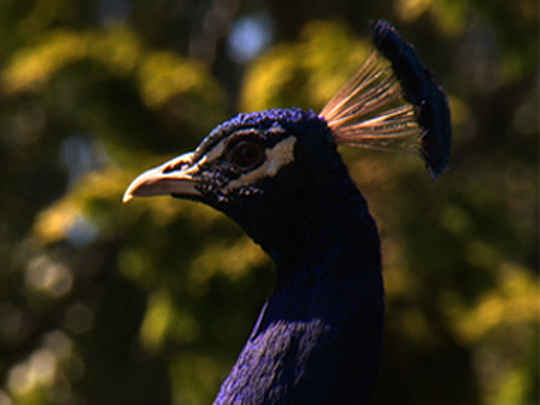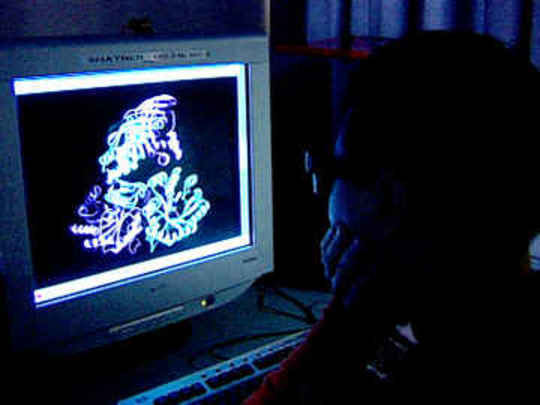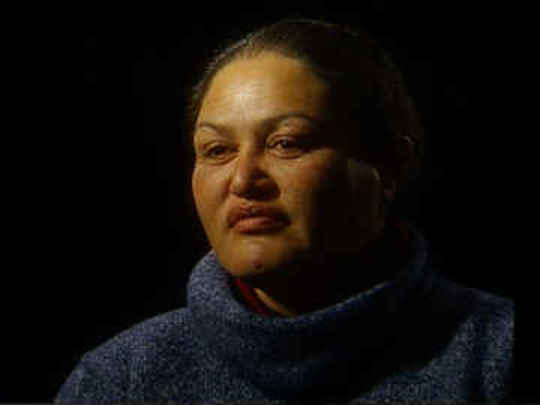Are violent criminals born that way, or created in their upbringing? The Dunedin Study set out to find an answer.
– Narrator Susie Ferguson, early in this episode
Depression is a normal response to difficult circumstances. However some people don't bounce back. They go on to develop a deep and lasting clinical depression. Almost one in five people will experience a serious episode of clinical depression in their lifetime, and the World Health Organisation believes it'll become the number one global disability within 10 years.
– Narrator Susie Ferguson on depression
Publication of the Dunedin results on depression was voted one of the most important scientific breakthroughs of the year, and the article continues to be one of the most referenced scientific papers ever published.
– Narrator Susie Ferguson
The genotype did not predict violence alone by itself, at all. And maltreatment didn't predict violence alone, by itself, very well either. But when those two were found in combination it could predict an outcome of violent crime really quite well.
– Dunedin Study Associate Director Terrie Moffitt on the combined effects of a variant of the MAOA gene and maltreatment
The Dunedin researchers had finally discovered a mechanism underpinning violent behaviour. It's as if nature loads a gun, and nurture pulls the trigger.
– Narrator Susie Ferguson on the combined role of a variant of the MAOA gene and maltreatment in predicting violent behaviour
Violent people cost society huge amounts of money — in treating victims, police time and in the prison and justice systems.
– Narrator Susie Ferguson, at the start of this episode
You can imagine that people are very reluctant to believe that actually smoking cannabis can lead people to develop psychotic symptoms,
because there's lots of people using cannabis, and lots of them don't develop psychosis. But an important element in that story are the genes.
– Louise Arseneault from King's College in London, on why some people who use cannabis get psychotic symptoms, and some don't

